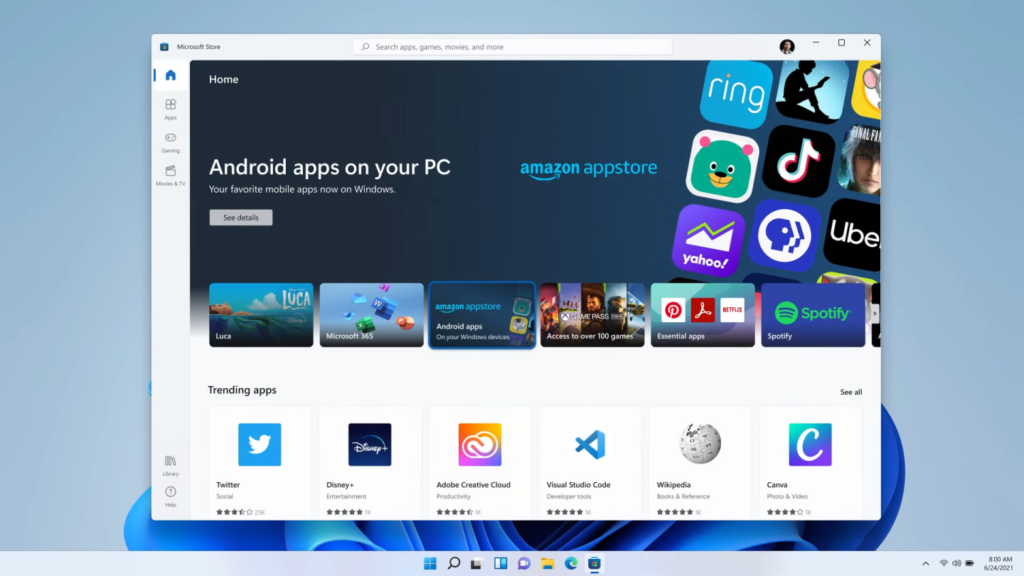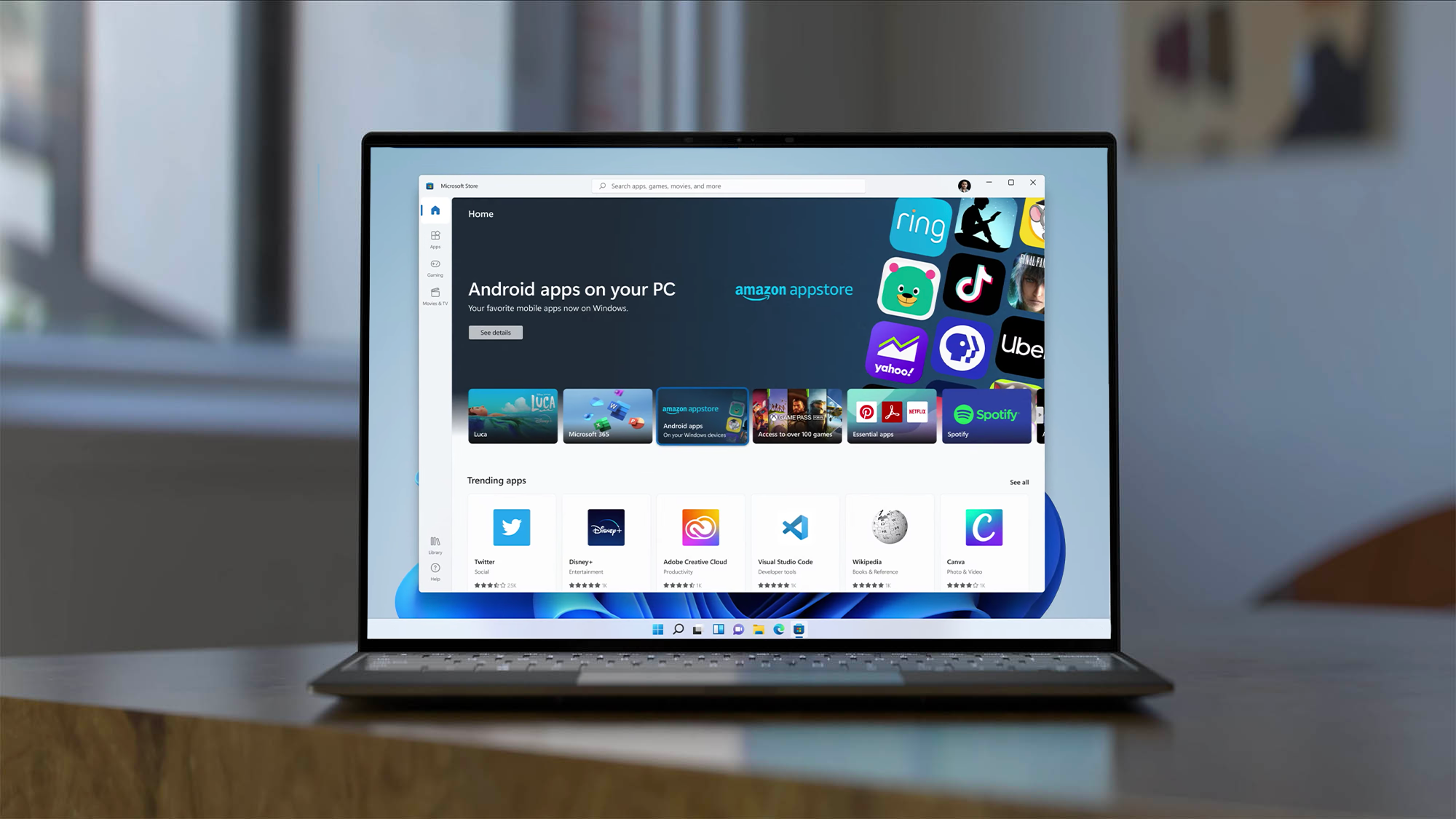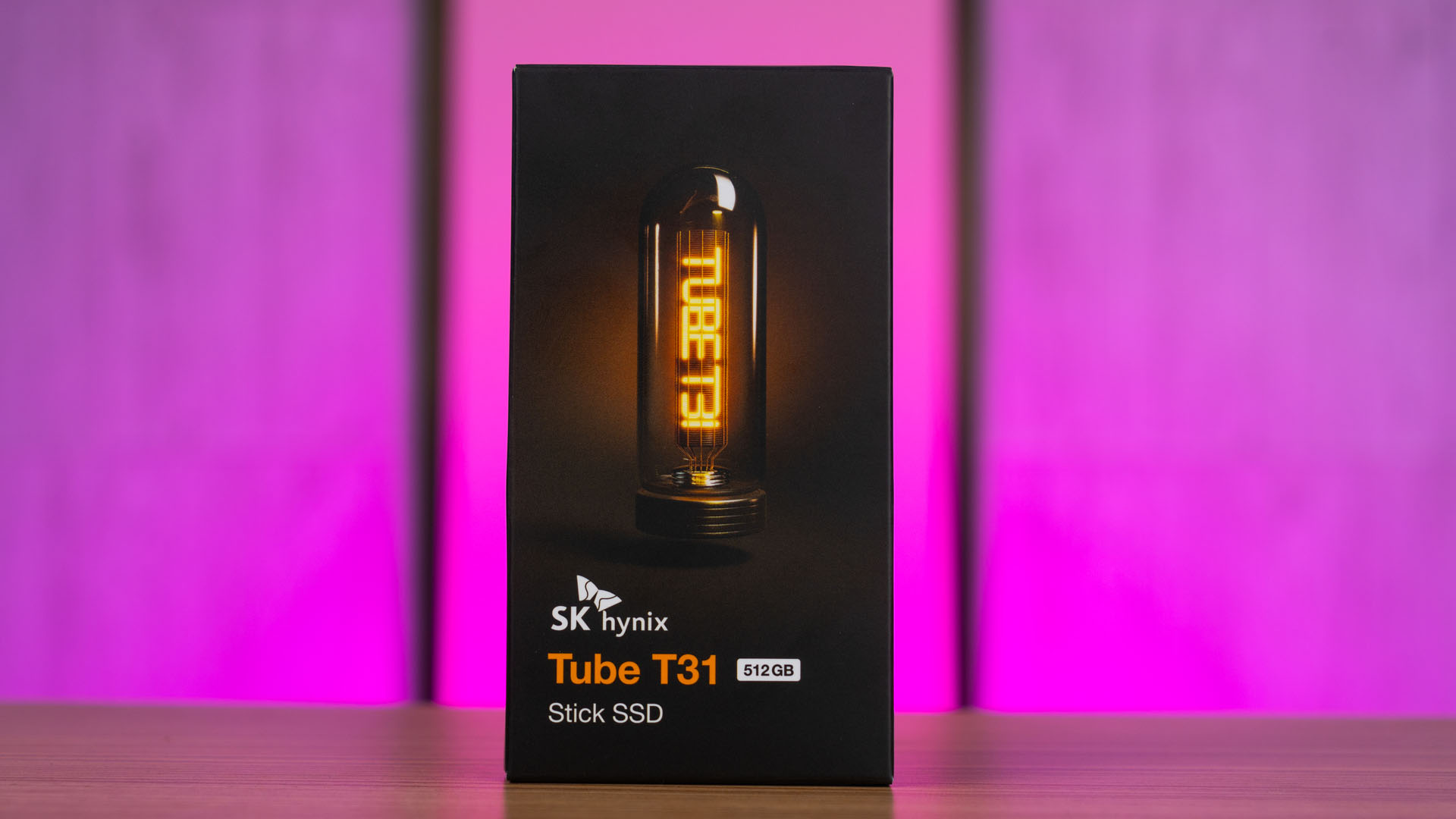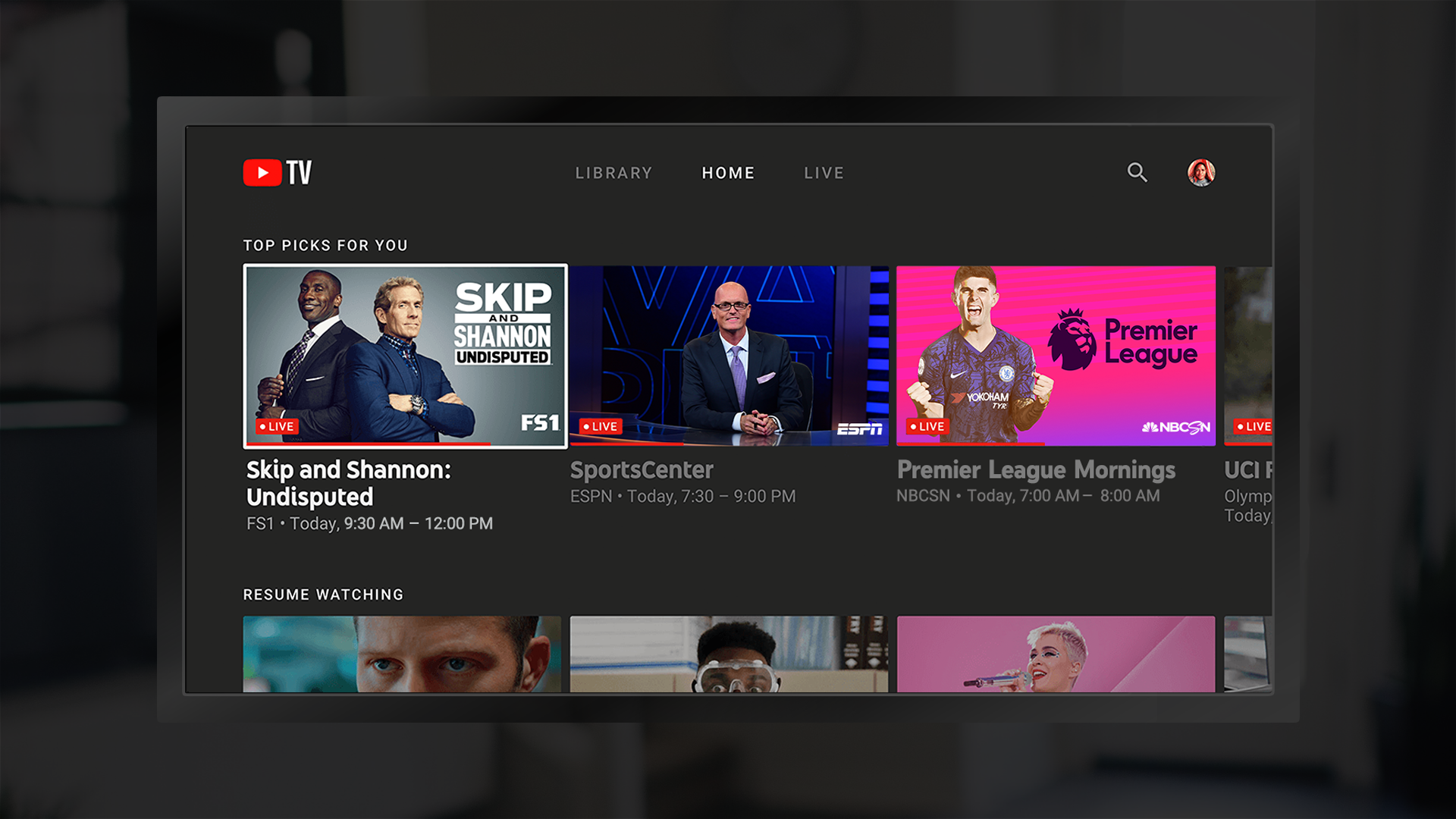
In an unexpected move, Microsoft has confirmed that the Windows Subsystem for Android (WSA), a feature that allows users to run Android apps natively on their Windows 11 PCs, will officially be deprecated starting March 5, 2024, with full discontinuation planned for March 5, 2025. Launched in 2022, WSA brought an important feature to the Windows ecosystem, allowing users to download and use Android apps via the Amazon Appstore. While the feature received mixed reviews initially, it eventually garnered a dedicated user base, particularly among developers and users who relied on Android apps unavailable on Windows.
The deprecation announcement has been met with significant backlash, especially from those who found WSA to be a crucial tool for both personal and professional use. For example, developers were able to leverage WSA for app testing, using Android apps for user acceptance testing (UAT) and beta testing in a production-like environment. This made WSA an invaluable tool for those developing Android apps or businesses that needed access to Android-specific features without relying on separate devices. Users in the Windows Feedback Hub have voiced their frustration, with many pleading for Microsoft to reconsider. A common theme among critics is that essential Android apps, such as Apple Music, are far more polished and feature-rich on Android compared to their Windows counterparts, which often lack key functionality or are simply less optimized.
Some users even chose to buy specific devices, such as the Surface Pro 9, due to WSA’s ability to run Android apps. For these users, WSA provided the perfect bridge between the Windows and Android ecosystems. One user wrote about their decision to replace their iPad with a Surface Pro 9, citing Android app compatibility as a key reason for choosing the device. The loss of WSA, which has become an indispensable tool for some, leaves many feeling as though Microsoft is taking a step backward in terms of platform flexibility.
Despite the strong user feedback and the outcry from many, the likelihood of Microsoft reversing its decision is slim. The company has publicly stated that WSA does not contribute to its revenue stream, making it difficult for them to justify continued support. Furthermore, Microsoft has shown a strong focus on pushing its own ecosystem, and it is likely that the company wants to eliminate features that don’t directly contribute to their bottom line or strategic goals. While WSA’s closure is disappointing for many, it reflects Microsoft’s continued efforts to streamline its offerings and focus on the products that drive its growth, such as its cloud services and subscription-based products. As such, the phase-out of WSA marks the end of one of the more ambitious attempts to bring Android compatibility to Windows, leaving many users with little option but to seek alternatives or abandon the feature entirely.




